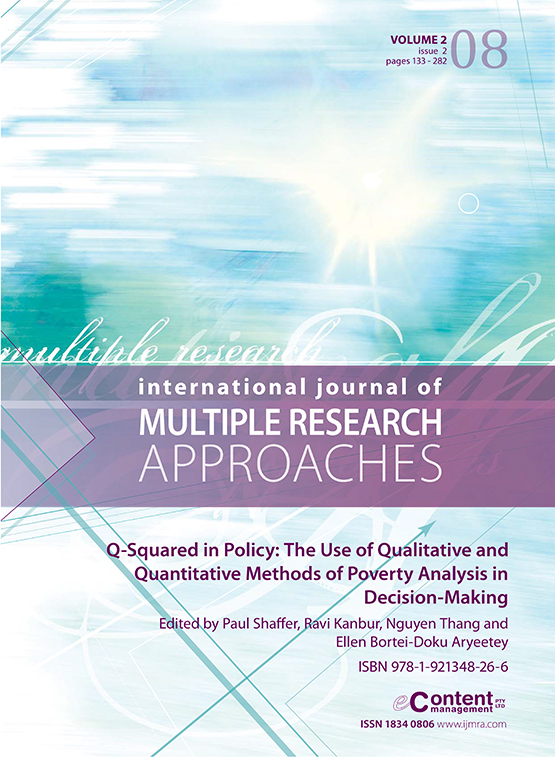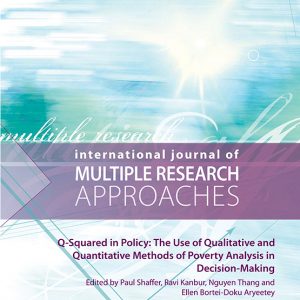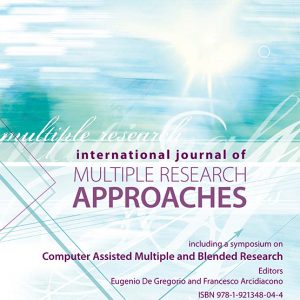2(2).10. Trade liberalisation and childhood poverty in Vietnam: A Q-squared social impact analysis
$30.00
Description
Trade liberalisation and childhood poverty in Vietnam: A Q-squared social impact analysis
NICOLA JONES
Research Fellow, Overseas Development Institute, London, UK
NGUYEN NGOC ANH
Director, Development and Policies Research Center, Hanoi, Vietnam
NGUYEN THU HANG
Senior Researcher, Center for Analysis and Forecast, Vietnamese Academy of Social Sciences, Hanoi, Vietnam
ABSTRACT
While greater trade liberalisation is expected to boost Vietnam’s economic growth and contribute to the country’s market economy transition, there are concerns about potentially negative impacts on vulnerable groups. To explore the possible impacts of trade liberalisation on children in poor communities, this paper examines key mediating factors that impact child well-being and the ways trade reforms could affect these variables. It employs a sequential mixed methods approach: econometrics analysis of household survey data followed by complementary in-depth qualitative analysis of two key agricultural commodity sectors, aquaculture and sugarcane, expected to be significantly impacted by Vietnam’s increasing market integration. The quantitative findings identify significant differences in child well-being outcomes based on household poverty status and vulnerability to declining living standards, parental education levels, and overall community poverty status. The qualitative results provide complementary insights on underlying intra-household dynamics and familial coping strategies in the context of economic shocks that contribute to a richer understanding of the potential linkages between trade reforms and intra-household poverty. The paper concludes by discussing policy implications.
Keywords: trade liberalisation; childhood poverty; Q-integrated; policy


